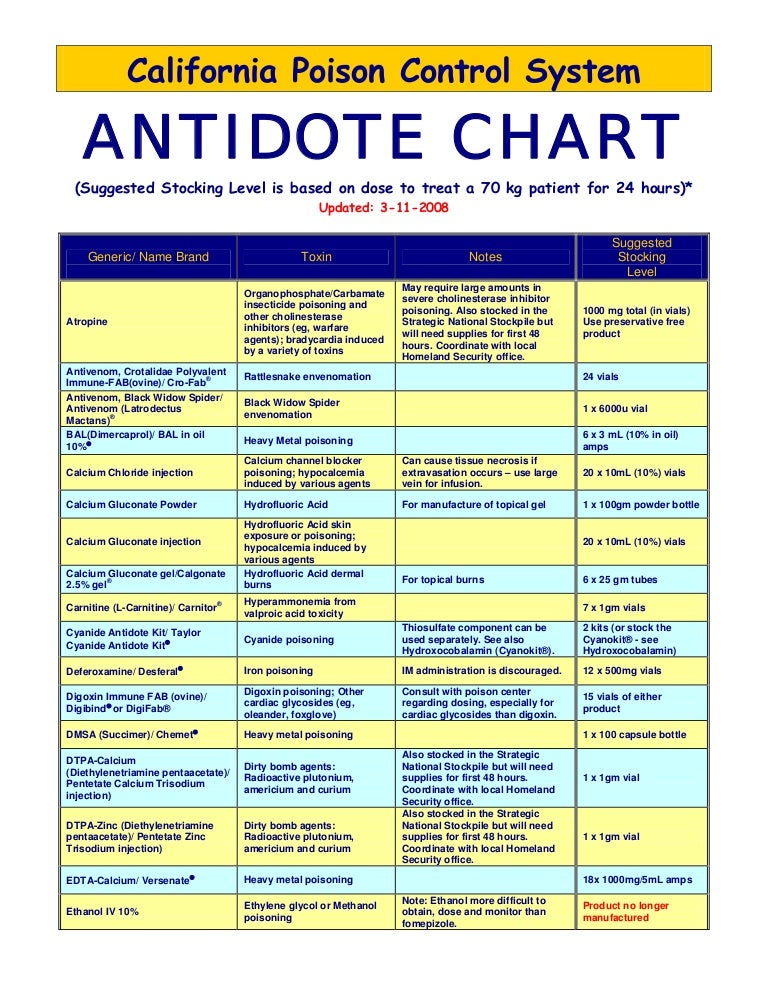


Edoxaban was excluded from the study because it was not licensed in the United Kingdom until the end of 2015. All participants were subgrouped into 103,270 patients with AF (53%) and 92,791 without AF (47%). Of these, 132,231 patients were taking warfarin, 7,744 dabigatran, 37,863 rivaroxaban, and 18,223 apixaban. In a paper recently published in the British Medical Journal, Vonpgradova reported findings from a prospective open-cohort study investigating the correlation between DOACs and risks of bleeding as compared with the relationship between warfarin and the same endpoints. Using data from two large United Kingdom primary care databases, between 20 a total of 196,061 anticoagulant users who had no anticoagulant prescriptions in the year prior to study entry were identified. Idarucizumab is an approved antidote specific for dabigatran, but evidence from use in clinical practice is scarce. Up until recently, there have been no antidotes for DOACs, and bleeding risk is therefore an ongoing safety concern.

Large randomized controlled trials of anticoagulants have shown the non-inferiority of DOACs compared with warfarin. In the last years the new class of direct acting oral anticoagulants (DOACs) including dabigatran, rivaroxaban, edoxaban and apixaban, have become the “first-choice” over warfarin for many doctors. Oral anticoagulation is key to prevent stoke in patients with atrial fibrillation and systemic embolic events after for example hip or knee surgery in elderly patients. Department to Department Visit Programmeīy Carolin Beuker, MD, and Antje Schmidt-Pogoda, MD, Department of Neurology, Münster University Hospital.European Master Programme in Stroke Medicine.Stroke Unit and Stroke Centre Certification.RES-Q - Registry of Stroke Care Quality.ESO EAST (Enhancing and Accelerating Stroke Treatment).Young Stroke Physicians and Researchers Committee.Award Recipients & Awards Selection Committee.


 0 kommentar(er)
0 kommentar(er)
